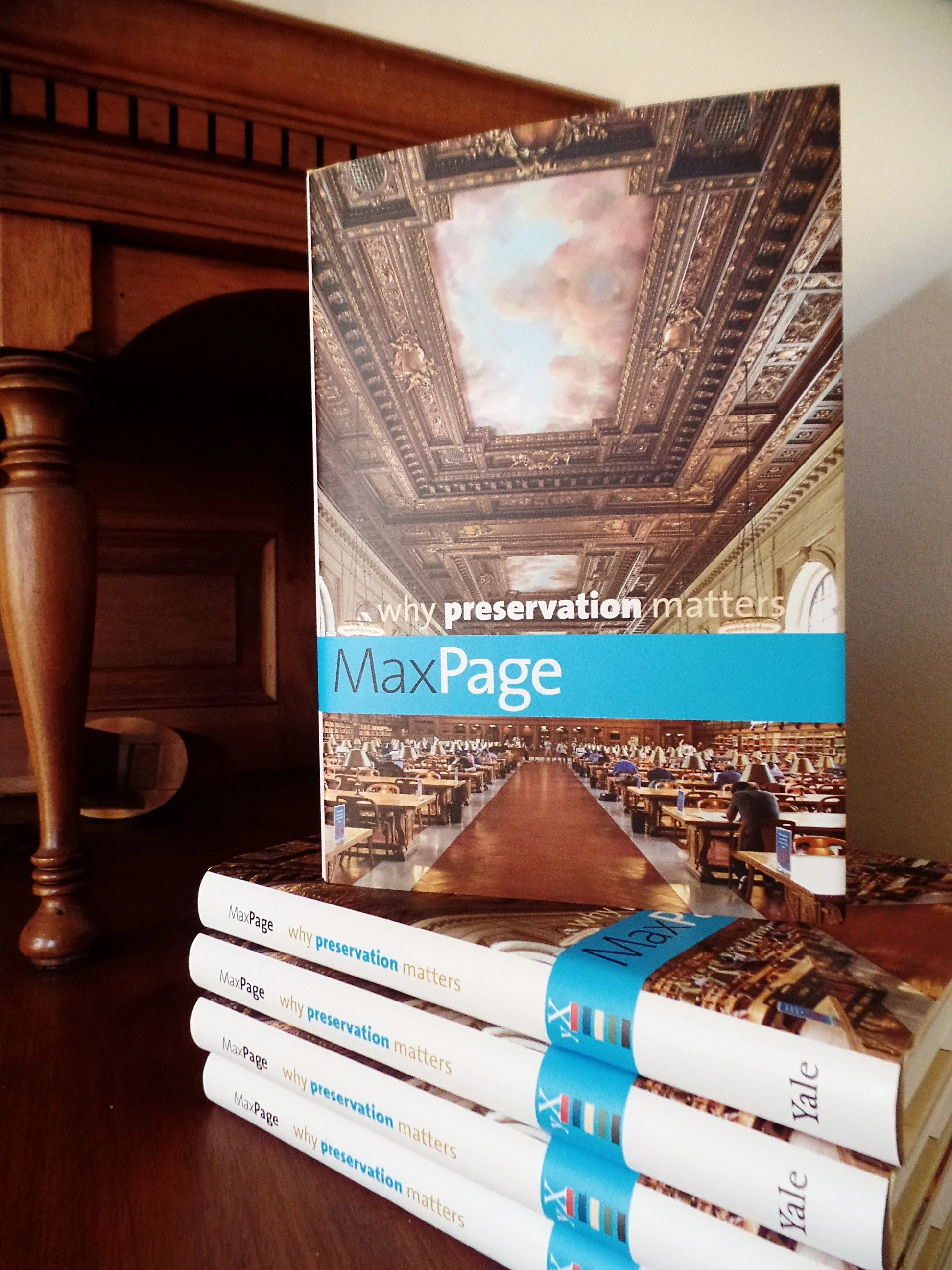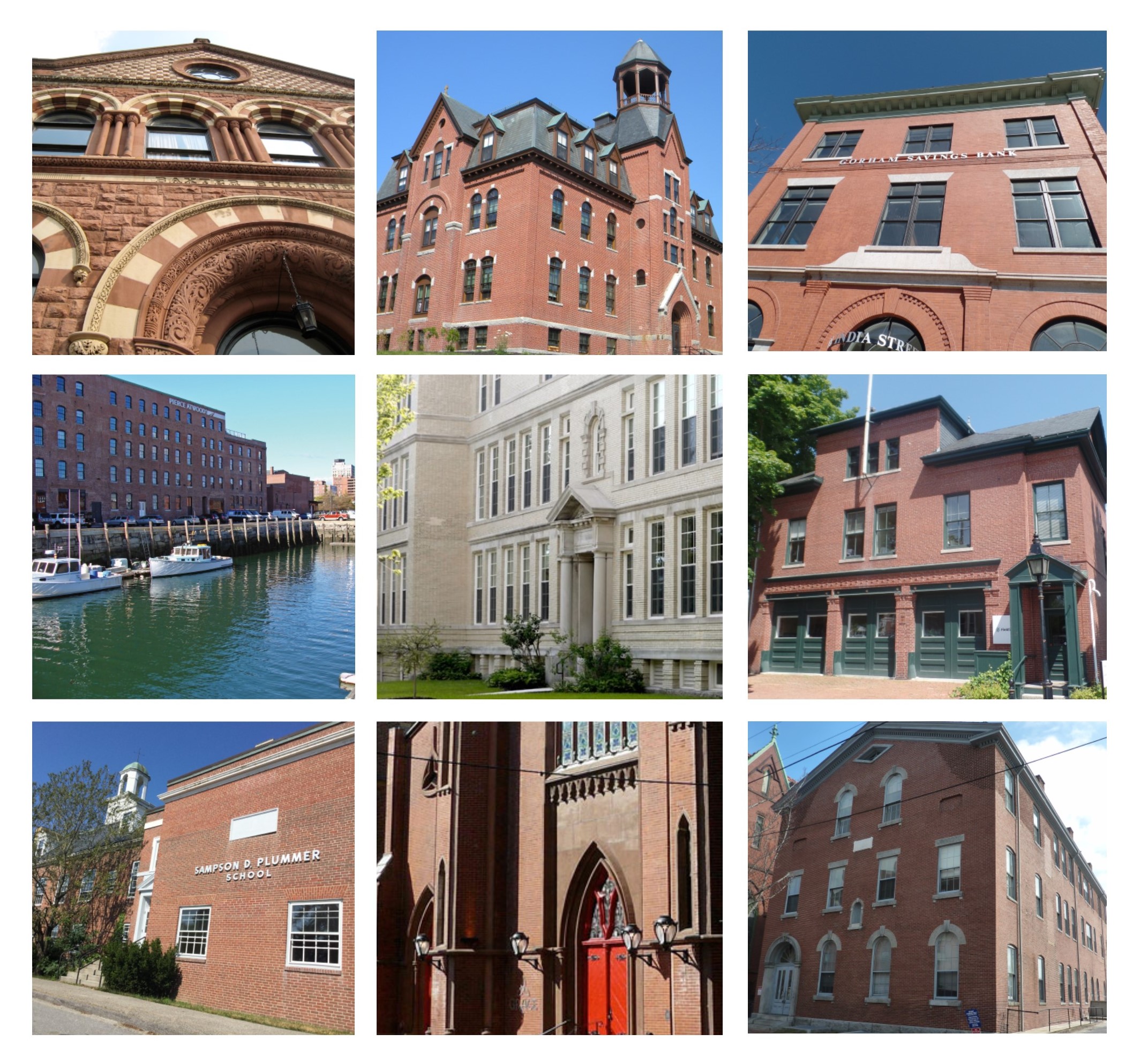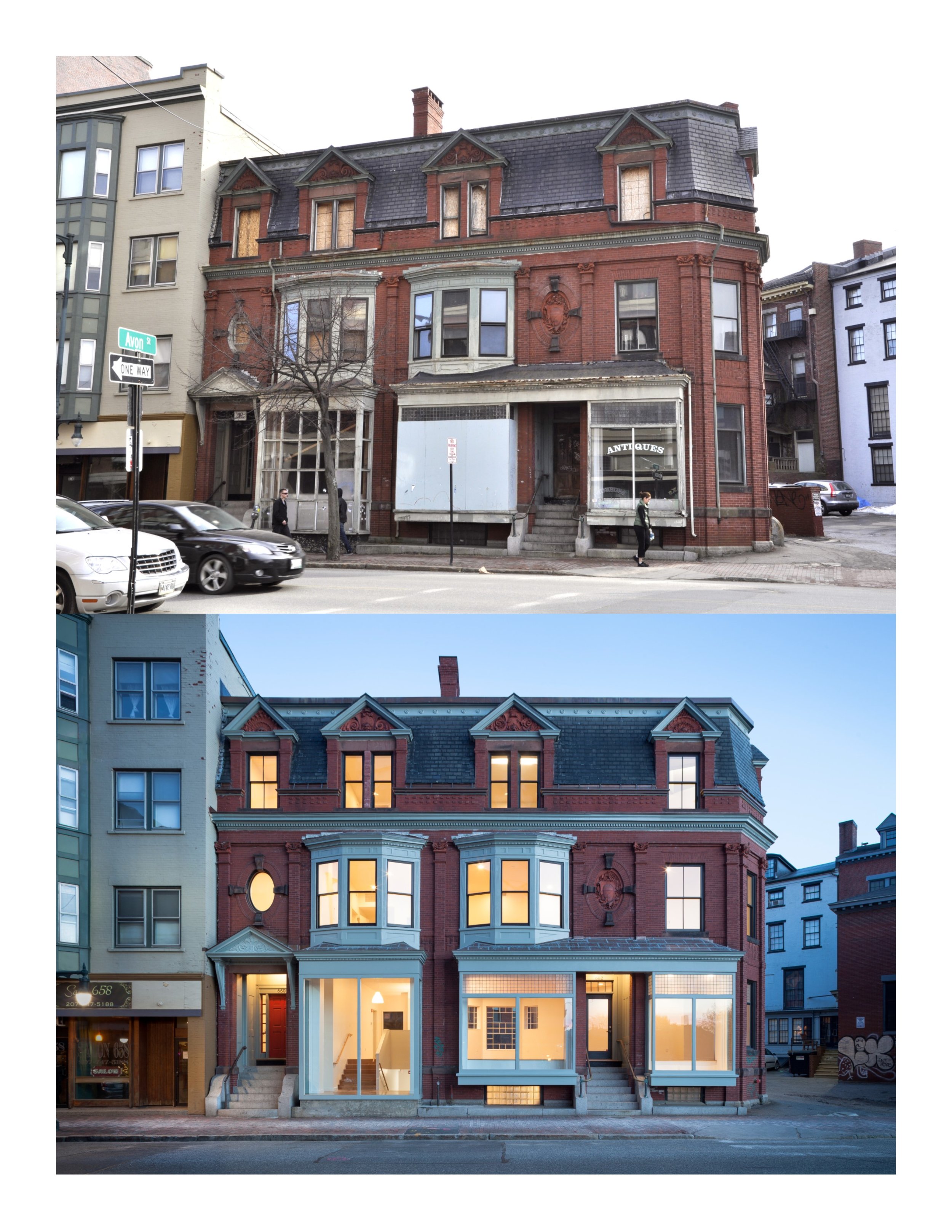At the end of last week, the Senate Finance Committee released their version of a tax reform bill that reduces the Historic Tax Credit in half, from 20% to 10% for historic buildings. Additionally, the 10% pre-1936 non-historic “old” building credit is eliminated.
Also the House Ways and Means Committee passed The Tax Cuts and Jobs Act (TCJA) or H.R. 1, with the HTC entirely eliminated, on a party line vote 24-16, setting up full-House floor consideration early this week.
Your immediate ACTION is needed!
Please call today and ask your House and Senate members to retain the HTC in tax reform bills, undiminished. The fate of the HTC will be determined over the next few weeks, please advocate and ask others to advocate!
The House of Representatives is expected to consider and vote on the bill on the House floor this week. Also this week, the Senate will begin to mark-up and pass their version of the tax reform bill out of the Senate Finance Committee.
- Please contact Representatives Pingree and Poliquin today and ask them to work with House leadership to insert the HTC back into the final House bill.
- Please contact Senators Collins and King today and ask them to go to the Senate Finance Committee and Senate leadership, express support to retain the HTC in the Senate tax reform bill undiminished.
Call during office hours. Ask to speak to tax staff or ask for the email address of tax staff.
A suggested outline of your email message or phone call:



















